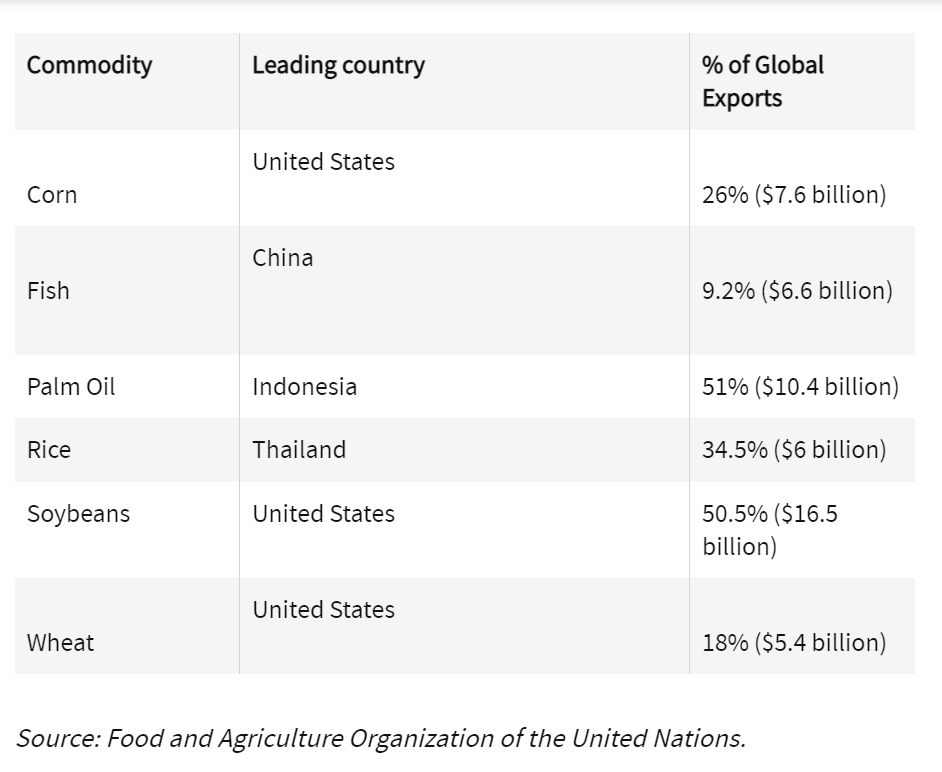Distributors frequently handle the sale and delivery of goods to merchants, playing a critical role in the transit of commodities from producers to retail customers.
Distributors, who convey goods from producers to market settings, are often independent business owners. They have a significant role in the supply and demand equation. Depending on their particular objective, distributors frequently purchase things, keep them, and then sell them using varied procedures. They can operate as wholesale distributors who buy products from manufacturers and resell them to other businesses including retailers, merchants, contractors, and institutions for resale or usage, or they can work as retail distributors who sell such things to customers directly.
Distributors typically buy goods from producers and resell them to consumers like retailers for business use or resale. Distributors may select the sector of the economy in which they operate and may choose to sell any product, from food to automobiles. Following this, distributors and manufacturers negotiate a set of terms for their collaboration in a commercial contract. For distributors’ purchasing of items for bulk sales, manufacturers may stipulate contract price. However, distributors often handle the majority of the tasks associated with product sales, leaving producers to concentrate entirely on the production of the items themselves.
Distributors frequently partner with a network of retailers or customers to whom they can sell their goods. These purchasers buy goods from suppliers, frequently at wholesale prices, and then resale them to final customers. The logistics of shipping and other forms of transportation are frequently handled by distributors, which is quite advantageous for both producers and merchants. Depending on their particular sector, distributors may send goods domestically or globally.
Additionally, providing excellent customer service to retailers is a significant component of the distribution industry. As sales professionals, distributors must set up the necessary framework for doing so within their business. Contrary to popular belief, goods producers are often not in charge of providing customer service. Accountancy problems, shipping mistakes, product shortages, flaws, and other customer-related difficulties might be handled by distributors. Replacements for products with active warranties or those harmed during transit are frequently the distributor’s obligation.
Leading Nation of Producing Agriculture
Aside from access to clean water, food is the most important issue for the majority of people on planet. As a result, agriculture is one of the biggest and most important sectors in the world. The security and well-being of a nation’s population are also largely dependent on the productivity of its agricultural sector.
In light of this, which nations produce the most agricultural products, which nations export the most, and what steps are nations taking globally to boost output levels?
There are a variety of metrics for measuring agricultural output, such as the total tonnage and the dollar value of the goods produced. It’s crucial to consider both because frequently, crops with high dollar values that are essential to the food supply of underdeveloped nations don’t appear in the data.
The United States, China, India, and Russia frequently rank as the leading producers of the major cereal and vegetable crops. Readers won’t likely be surprised to learn that China is the world’s top producer of rice, as well as the top producer of wheat, the second-largest producer of corn, and the top producer of a variety of vegetables, including cabbage and onions. The United States ranks fourth in wheat production, first in corn production, and second in soybean production overall.
Countries like the United States, Germany, Canada, Brazil, and Thailand are more significant when it comes to the basics that feed the world (rice, corn, wheat, beans, lentils, and animal proteins).

Given the significance of agriculture and the value of boosting yields, businesses that help increase output should see an increase in demand for their products from distributors.
Companies serving the global agriculture sector face a vast and under-served market, whether they are selling tractors, fertilizer, pesticide, or modified seeds with improved yields.
Sumber:





Leave a Reply